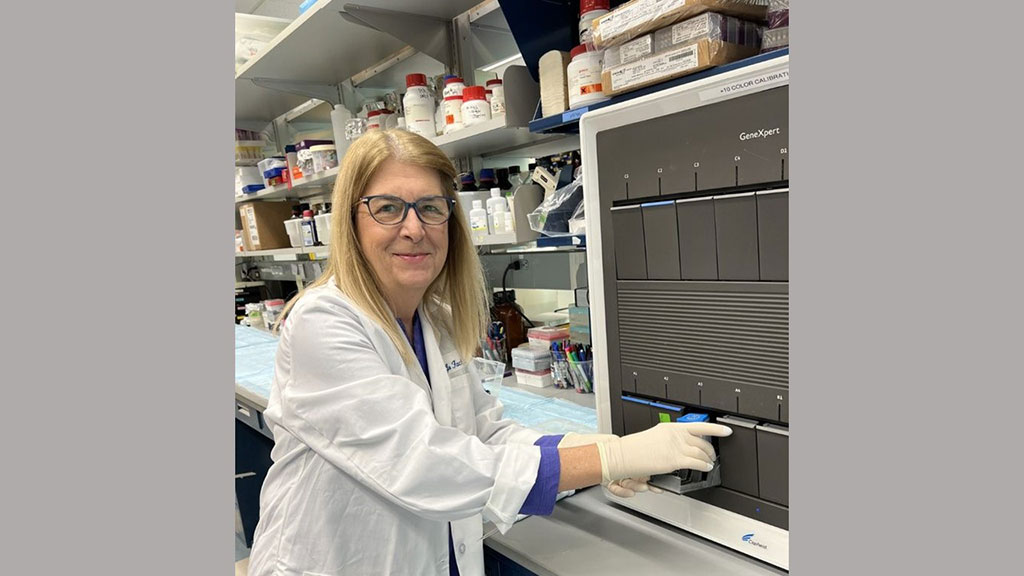Automated Liquid Biopsy Test Predicts Early Disease Progression and Survival in Advanced Breast Cancer Patients
Posted on 14 Jun 2023
There is a pressing need for predictive clinical biomarkers to identify early disease progression in women with metastatic breast cancer, considering its heterogeneous nature. Such biomarkers could aid oncologists in reducing the adverse impacts on patients’ quality of life from drug combinations by optimizing the deployment of available and effective therapies. Now, a novel, automated liquid biopsy test can predict early disease progression and potential survival in patients with metastatic breast cancer in one month after commencing treatment.
The Liquid Biopsy for Breast Cancer Methylation (LBx-BCM) assay, currently under development by researchers at the Johns Hopkins Kimmel Cancer Center (Baltimore, MD, USA), is a prototype for research use only at this stage. The assay is compatible with the GeneXpert molecular testing platform and requires less than 15 minutes of hands-on time by a lab technician. The assay is capable of detecting methylation in nine genes, which are known to be altered in the four breast cancer subtypes: AKR1B1, TM6SF1, ZNF671, TMEFF2, COL6A2, HIST1H3C, RASGRF2, HOXB4, and RASSF1, in under five hours. Methylation, a chemical tag associated with cancer development and progression, can deactivate tumor suppressor genes.

In a study, the LBx-BCM assay identified cancer DNA in one or more of nine commonly altered genes in breast cancers from blood samples of women undergoing breast cancer treatment. Patients with high cumulative methylation levels four weeks into treatment experienced significantly shorter progression-free survival periods (time during which the disease does not advance) and worse overall survival compared to those with low cumulative methylation. Researchers used the week-four cumulative methylation levels to develop and evaluate a new model for predicting disease progression as early as three months after initiating treatment. Future research objectives include studying weekly methylation patterns after starting treatment to determine the best time for measuring cumulative methylation, and refining and validating the model in similar patient populations and those with early-stage disease.
“It looks promising that we can detect methylation in the first four weeks of treatment,” said lead study author Kala Visvanathan, M.D., M.H.S., director of the Cancer Genetics and Prevention Service at the Johns Hopkins Kimmel Cancer Center. “Currently, we wait until we see symptomatic or clinical changes, usually within three months, before adjusting treatments. If we could detect changes earlier, we could adjust treatments earlier, if necessary, with the goal of achieving better clinical outcomes and prolonging survival.”
Related Links:
Johns Hopkins Medicine














